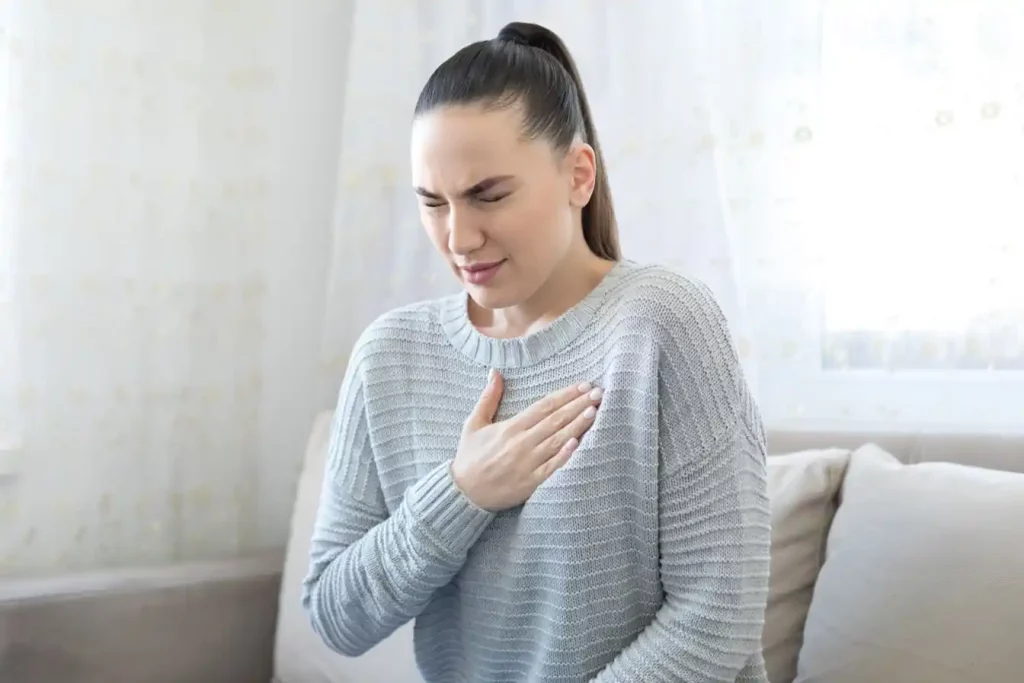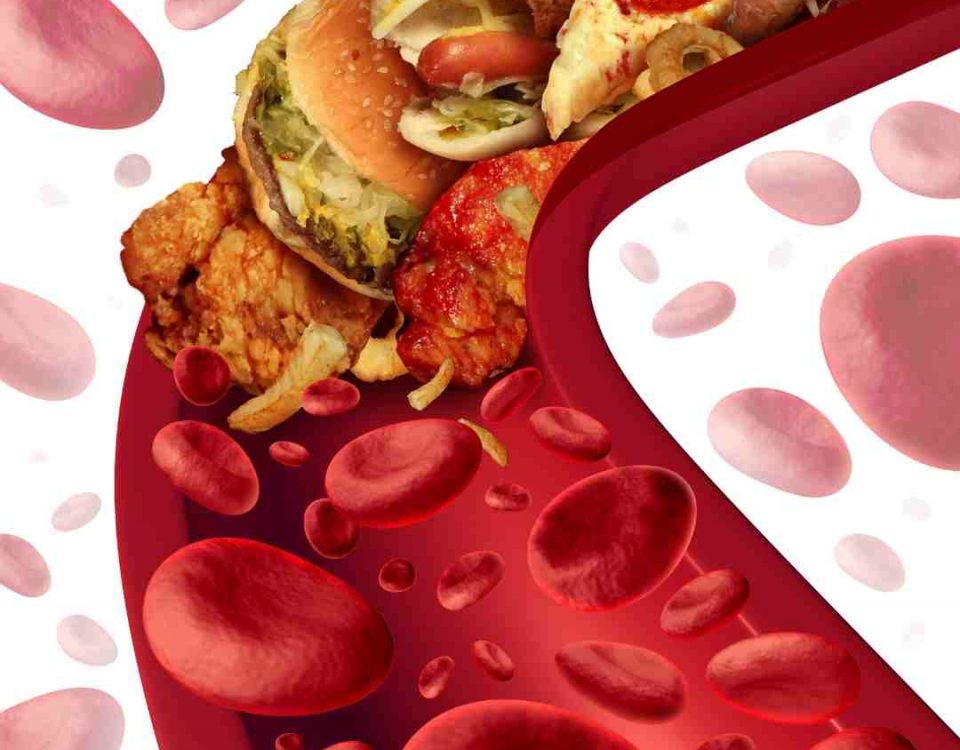- Connect Whatsapp
- +917012232608
- admin@careayu.com
Ayurvedic medicine for anxiety

Ayurvedic Medicine for Sleep
April 27, 2022
Ayurvedic medicine for psoriasis
May 8, 2022Table of Contents
- Ayurvedic medicine for anxiety – Introduction
- Ayurvedic medicine for anxiety or Stress
- Ayurveda Management
- Doctor’s advice
Ayurvedic medicine for anxiety – Introduction

Anxiety disorder is a psychological condition in which a patient panics, has anxiety concerns, gets too self-conscious, and is worried about nonsensical matters. Anxiety disorders can last for six months or longer, interfering with everyday routines, the quality of work, and social interactions.
Symptoms include restlessness, fatigue, impatience, muscular pain, sleep disruptions, gastric problems, dizziness, annoyance, and poor concentration. According to Ayurveda, anxiety is caused by a disruption in the Vata dosha. The principle of “air” is Vata. It’s light, dry, and easy to move. Excessive movement is linked to a Vata imbalance in the mind, which manifests as irregular thoughts, anxieties, obsessions, forgetfulness, and concentration issues. Instability of Vata is related with a hyperactive nervous system and difficulty sleeping. There is an excess of mental energy and a deficiency of physical energy. To treat anxiety and vata instability, first regulate your energy by soothing your nervous system, resting your thoughts, and letting go of compulsive notions.
Panic disorder is characterized as a spontaneous period of acute terror that emerges as substantial body symptoms, regardless of the fact that there is no genuine risk or evident reason. Panic episodes can be extremely terrifying. When you have panic episodes, you may believe you’re losing control, having a heart attack, or even dying. Many patients suffer only one or few anxiety attacks in their lifetime and the symptoms subside once the stressful situation has passed. Panic is treated with Ayurvedic drugs such as Jyotishmati, Shankapushpi, Brahmi, Ashwagandha, and Bhringaraja.
Ayurvedic medicine for anxiety or Stress
- Tulsi (Ocimum sanctum)- In Ayurveda, holy basil is known as tulsi which is said to guard against biological, psychological, and physical exertion. It has anti-anxiety, mild anti-depressant, antiviral qualities. Along with other treatments, it has antifungal, pain-relieving, and blood glucose-stabilizing characteristics.
- Ashwagandha (Withania somnifera)- Ashwagandha is primarily known for its stress-relieving properties. It’s an adaptogen, which is a chemical that helps the body deal with stress. Heat shock proteins (Hsp70), cortisol are among the stress mediators that ashwagandha appears to help manage. Ashwagandha tablets have been found in several studies to help reduce stress and anxiety. It offers a nice, soothing, and relaxing impact. It has been reported to aid with stress, sleeplessness, and neurological problems.
- Jatamansi (Nardostachys jatamansi) is a medicinal plant that helps memory and concentration performance.) It has also been shown to be useful in the treatment of dementia and memory loss in the elderly. The main component of jatmansi is its high antioxidant content, which aids in memory preservation and prevents brain damage.
- Centella asiatica (Gotu Kola) is an excellent herbal remedy for people suffering from neurological or psychological issues (memory problems, nerve related provlems).It is a calming plant with history of use as a natural treatment for mental health issues.
- Bacopa (Bacopa monnieri) is an Ayurvedic medicinal herb commonly known as “Brahmi.” (Another term for gotu kola is brahmi, which might be deceptive.) Both herbal plants are good for cognition and anxiety, and must be used with extreme care and a small dose. Bacopa is an anti-anxiety herb. The average daily dose is about 750 mg.
Ayurveda Management
- Nidana Parivarjana- To reduce depression and trauma, etiological variables such as steroids, pain drugs, and other causative components should be eliminated. If you have a long-term disease, you should prioritize treatment and avoid loneliness as much as possible.
- Shodhana chikitsa (Bio-cleansing therapies) and Samana chikitsa (Palliative therapy) can be combined.
- For Snehapana: mix 50 ml Mahakalyanaka ghrita with a pinch of Saindhava Lavana (rock salt) and consume for a whole week (for internal oleation).
- At bedtime, use Virechana with Eranda taila (10–20 ml).
- Brihmana nasya for seven days with Purana ghrita (ancient cow ghee), Anu taila, or Mahakalyanaka ghrita in a dose of 8 drops in both nostrils.
- Shirodhara with Maha Narayana taila is good if done every day for up to seven days.
Doctor’s advice
- Meditate Every day and practice yoga.
- Avoid junk food, soft drinks, and outside meal packets.
- Consume nutritious meals.
- Quit drinking and smoking.
- Get a good night’s sleep.
- Become more social. Don’t let your anxieties keep you from seeing your loved ones or participating in activities you enjoy.
- Take advantage of professional counselling to discuss your worries, disputes, and ambiguities.

